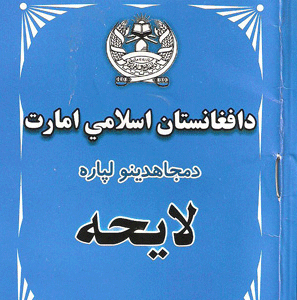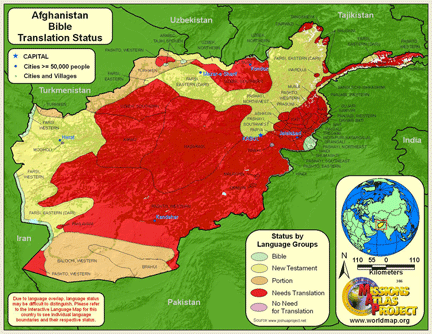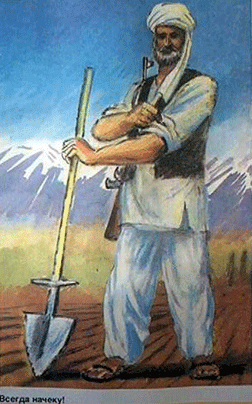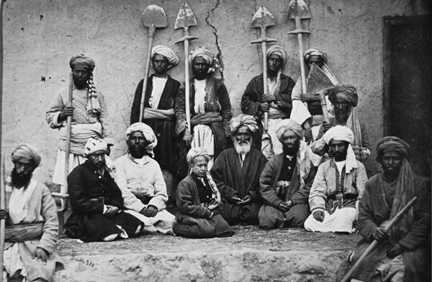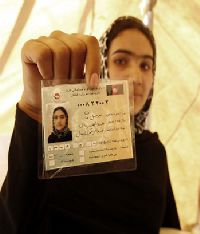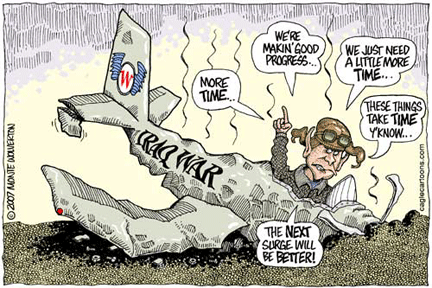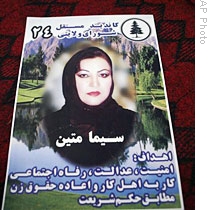
An election poster in Kapisa province for Sima Matin, a female candidate in a provincial council election, 28 Jul 2009
John Burns Answers Your Questions on Afghanistan
By John F. Burns, The New York Times, August 19, 2009
After more than 30 years as a Times foreign correspondent, I’ve grown used to looking out of the aircraft or jeep or train on arrival in unfamiliar and often inhibiting terrain, and wondering with a mixture of anticipation and anxiety how quickly, and capably, I’ll get my professional bearings — and justify the editors’ faith in assigning me. The boundary I’ll be crossing with this new venture for “At War,†our new and expanded blog on the conflicts of the post-9/11 era, is a different kind of challenge — but just as daunting, in its way, as those old forays into unknown lands.
In the first 48 hours after our Web editors invited readers to send in their questions, more than 220 of you responded, a degree of interest that is encouraging for what it suggests about the potential for us at the Times of this kind of interactive journalism. Just as much, the flow of questions, and the sophisticated commentaries woven into many of them, have been a reminder of how much many of our readers already know about the complex challenges America confronts abroad. Continue reading Burns on Afghanistan
